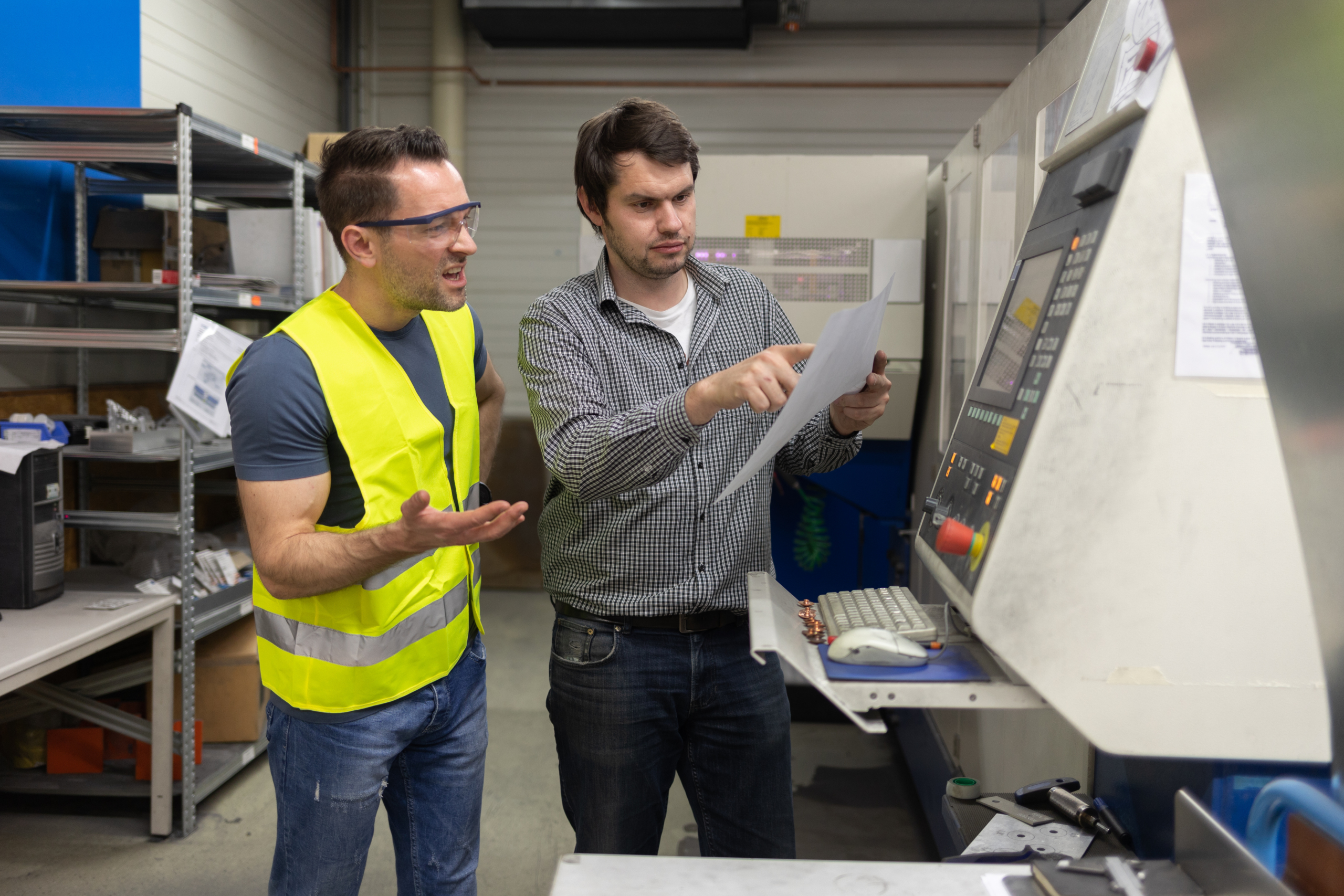Now Reading: Were You a Witness of a Car Accident? Here’s What You Need to Do!
-
01
Were You a Witness of a Car Accident? Here’s What You Need to Do!

Were You a Witness of a Car Accident? Here’s What You Need to Do!
When was the last time you drove down a street or highway and saw an accident happen before you?
Most crashes are fender benders or small-scale hits that do not require the immediate attention of nearby motorists. However, your efforts can increase the safety of the people involved or even save someone’s life. Use the tips below for guidance if you are the unfortunate witness to an accident.
Judge the Scene Before Getting Out of Your Car
Did you know that rear-end collisions are the most common type of car accident? These are typically minor enough to involve no outside assistance other than law enforcement.
Try to gauge whether or not an accident requires your assistance before getting out of the vehicle. If there are small children in the damaged vehicle, it might be a good idea to stop and at least direct traffic towards another lane. In most cases, a small bump could be something best handled by the authorities. However, you can always ask the people involved in the wreck if they require any immediate assistance.
When You Must Get Out to Help
Whenever there is a big hit involving one or more cars for whatever reason, it is a good idea to stop and ensure that everyone is okay. Position your vehicle to block the damaged vehicles ahead. It is better to protect yourself and others from an obstacle than have everyone injured by a driver not paying attention.
Put on your flashers and place cones or flares down to signal traffic away. If someone’s with you, have their assistance with hand signals away from the scene, preferable with a flashlight and reflective vest.
The police want as many details as possible about the accident, especially when caused by negligence. You can relay this to accident attorneys as well. In many locations, an attorney can speak with the victims while they’re still on the scene. For example, a car accident lawyer in Houston can start a claim right away.
Know Who Is in Immediate Danger
After setting up a spot with your car, you should come to the aid of anyone injured. If anyone has been ejected from the vehicle but is conscious, advise them not to move.
Sometimes, vehicular traffic could necessitate moving victims. In this case, do it when the place they are lying could put their lives in further jeopardy. However, you should first call the paramedics and follow their advice. If the victim must be moved immediately, they can advise you how to do so safely.
Advise anyone inside the vehicle to stay there if the car is not toppled and no smoke is coming from the engine. Above all, focus your attention on the people appearing to be hurt the most. However, bear in mind that not all injuries are immediately apparent. The adrenaline surge caused by the shock of events can numb victims and veil some injuries.
What to Say to the Paramedics
Operators are likely to ask you questions regarding the health of accident victims, such as the following:
- Who appears to be injured – Give the operator a description of who can and can’t walk around, if anyone’s unconscious, and the kinds of injuries you think they have. This helps them judge the number of ambulances to send out to the scene.
- What caused the accident to occur – This information will also assist law enforcement when they arrive to assess whether any criminal activities were involved. However, try to stay objective. It will be up to the officers to determine the exact circumstances of the event.
Once you stop offering help, you must stay at the scene as well. Leaving a car accident might be unlawful, even if you had no part in it.
Think While You Are Ahead
Car accidents are a serious matter that every driver should know how to handle. They can happen at any moment. It will help immensely if you or someone traveling with you can come to the aid of those involved in a wreck. However, it is crucial to contact paramedics and follow their advice on handling victims on the scene.
Author
Early in his journalism career, Kerry L. Tucker had a revelation: there were not enough experts reporting on law issues. Legal matters are part of daily life. Yet, there seems to be a general aversion towards them. One of the main reasons for this is that the convoluted legal language is difficult for many people to follow. Therefore, he decided to change how the law is perceived by the public. Throughout his career, he met with many people who shared their personal stories with him. Some of these hit him harder. One of the cases that stayed with him and influenced his future career development was a car accident case involving a child. From then on, he decided to zero in on car accident lawsuits.










